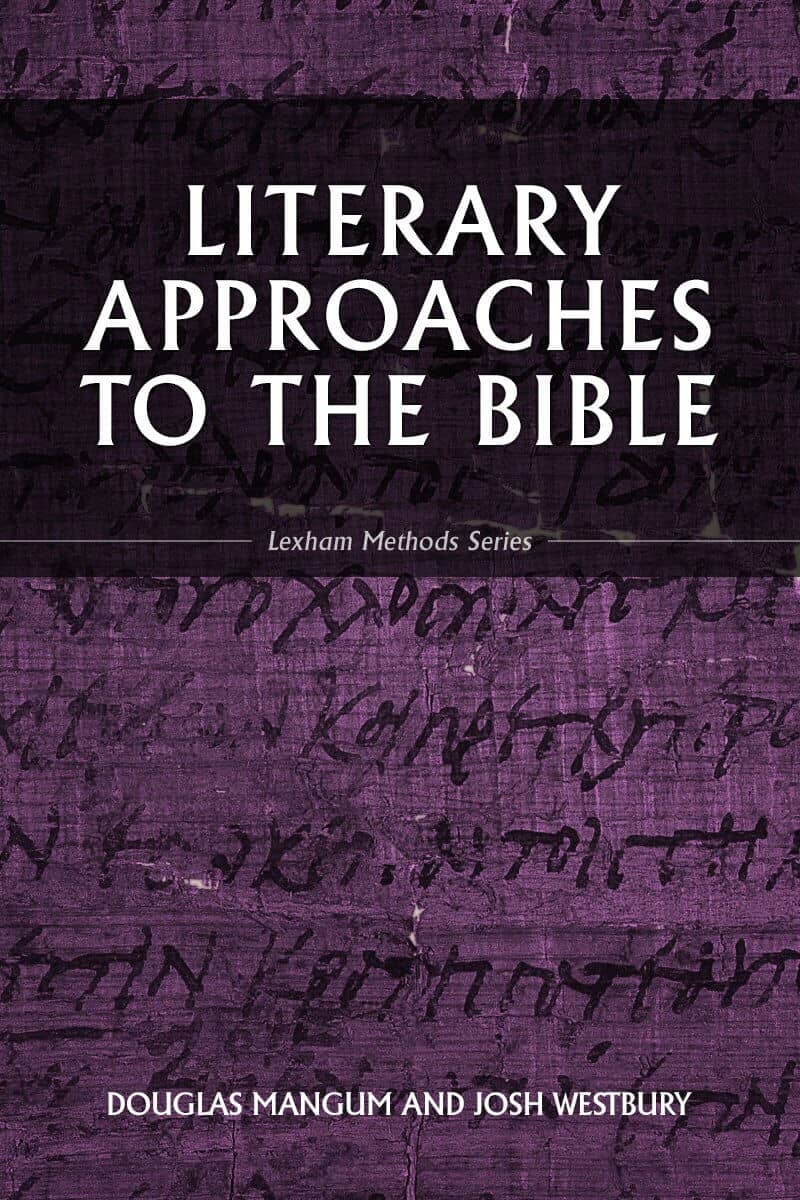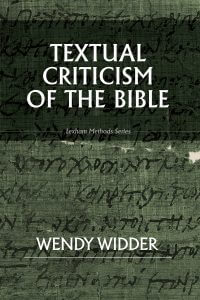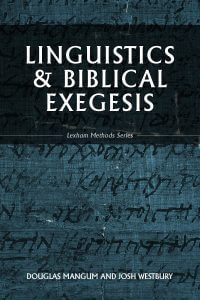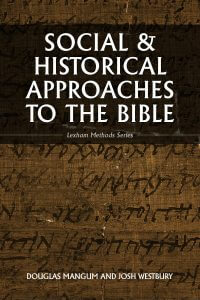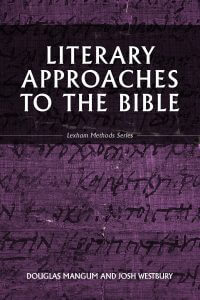Way back in 2012, we announced an incredible new resource to help you understand the Bible better than ever before—the Lexham Methods Series. These four volumes enable you to learn, refresh, and master the tools of biblical scholarship. The series provides a comprehensive yet introductory treatment of all the major biblical interpretation methods.
A complete overview
The Lexham Methods Series gives you a complete overview of every major type of biblical interpretation, featuring history and key figures, methods and terms, and a how-to section, giving you a strong foundation for further research. This designed-for-digital resource leverages the vast power of your Logos software and library, featuring how-to instruction, real-world examples of each interpretive method in practice, and a fully interconnected annotated bibliography. Each volume is your guidebook for self-study and deeper research, broadening and deepening your biblical education.
Here’s what you can expect from each volume:
Textual Criticism of the Bible
Textual Criticism of the Bible provides a starting point for the study of both Old and New Testament textual criticism. In this book, you will be introduced to the world of biblical manuscripts and learn how scholars analyze and evaluate all of that textual data to bring us copies of the Bible in Hebrew, Aramaic, and Greek that can be used for translating the Bible into modern languages. Textual Criticism of the Bible surveys the field, explains technical terminology, and demonstrates in numerous examples how various textual questions are evaluated. Complicated concepts are clearly explained and illustrated to prepare readers for further study with either more advanced texts on textual criticism or scholarly commentaries with detailed discussions of textual issues. You may not become a textual critic after reading this book, but you will be well prepared to make use of a wide variety of text-critical resources.
Linguistics & Biblical Exegesis
We rarely think about the way languages work because communicating in our native tongue comes so naturally to us. The Bible was written in ancient Hebrew, Aramaic, and Greek—languages no modern reader can claim to have a native understanding of. A better understanding of how language works should help us understand the Bible better as we seek to understand the original intent and meaning of each biblical author. In Linguistics & Biblical Exegesis, you will get a basic introduction to the field of linguistics—its history, its key concepts, its major schools of thought, and how its insights can shed light on various problems in biblical Hebrew and Greek. Learn how the study of language can enhance your Bible study.
Social & Historical Approaches to the Bible
The Bible was not written and received in a historical vacuum—in fact, the social and historical context of the Bible illuminates key understandings that may have been otherwise missed. Biblical scholars use many different approaches to uncover this context, each engaging various aspects of the social and historical world of the Bible—from religious ritual to scribal practice to historical events. In Social & Historical Approaches to the Bible, you will learn how these methods developed and see how they have been used. Many of these approaches are still in use by biblical scholars today, though often evolved from their earliest form as ideas were revised in light of the challenges and questions posed by further research. You will be introduced to the strengths and weaknesses of each method, to understand its benefits as well as see its limitations.
Literary Approaches to the Bible
The study of the Bible has long included a literary aspect with great attention paid not only to what was written but also to how it was expressed. The detailed analysis of biblical books and passages as written texts has benefited from the study of literature in classical philology, ancient rhetoric, and modern literary criticism. Literary Approaches to the Bible introduces the various ways the study of literature has been used in biblical studies. Most literary approaches emphasize the study of the text alone—its structure, its message, and its use of literary devices—rather than its social or historical background. The methods described in this volume are focused on different ways of analyzing the text within its literary context. Some of the techniques have been around for centuries, but the theories of literary critics from the early 20th century to today had a profound impact on biblical interpretation. In this book, you will learn about those literary approaches, how they were adapted for biblical studies, and what their strengths and weaknesses are.
* * *
Get the Lexham Methods Series today.

